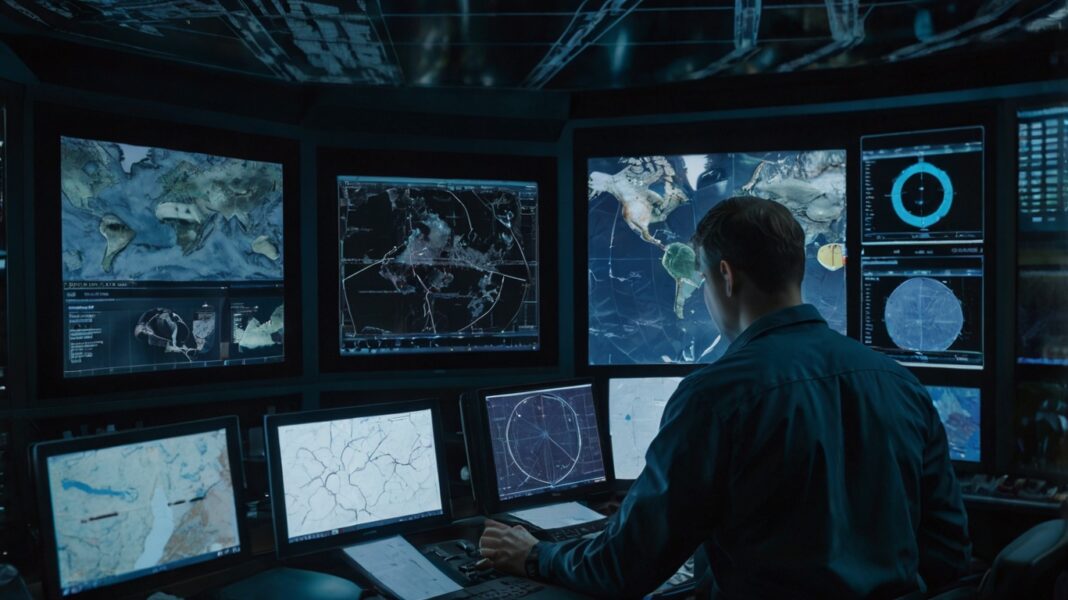Introduction:Radar Addicc
Radar addiction refers to a compulsive behavior where individuals become excessively dependent on radar technologies for various purposes. This addiction can manifest in several ways, from constant monitoring of weather radars to obsessive tracking of aircraft or marine vessels. While radar technology is essential for safety and navigation, overreliance on it can lead to unhealthy patterns and behaviors.
The Rise of Radar Technology
Radar technology has significantly evolved since its inception. Originally developed for military applications, radar is now widely used in aviation, marine navigation, weather forecasting, and even in everyday consumer devices like car safety systems. The accessibility and advancement of radar technology have made it an indispensable tool in various fields.
Signs of Radar Addicc
- Constant Monitoring: An individual with radar addiction might frequently check radar screens or apps, even when it is unnecessary. This behavior can disrupt daily activities and responsibilities.
- Anxiety Without Access: Feelings of anxiety or restlessness when unable to access radar information is a common sign of addiction. The individual might feel compelled to check radar data constantly to feel secure or informed.
- Neglect of Other Activities: Prioritizing radar monitoring over other important tasks or hobbies can indicate an addiction. This might include neglecting work, social interactions, or personal care.
Psychological Impact
Radar addiction can have several psychological effects, including:
- Increased Anxiety: Constantly monitoring radar data can heighten anxiety levels, especially if the information being tracked is related to potential threats or hazards.
- Obsessive-Compulsive Behavior: The need to frequently check radar data can develop into obsessive-compulsive behaviors, where the individual feels an uncontrollable urge to engage in the activity.
- Social Isolation: Spending excessive time on radar monitoring can lead to social isolation, as the individual may withdraw radar addiction, technology dependency, obsessive-compulsive behavior, anxiety, psychological impact, modern phenomena, weather radar, aviation tracking, marine navigation, cognitive-behavioral therapyon their addiction.
Dealing with Radar Addiction
Addressing radar addiction involves several steps:
- Awareness: Recognizing the addiction is the first step. Individuals need to be aware of their compulsive behavior and its impact on their lives.
- Setting Limits: Establishing boundaries for radar usage can help manage the addiction. This might involve setting specific times for checking radar data and sticking to those schedules.
- Seeking Professional Help: In severe cases, professional help from a therapist or counselor might be necessary. Cognitive-behavioral therapy (CBT) can be effective in addressing obsessive-compulsive behaviors and anxiety.
- Engaging in Alternative Activities: Finding alternative activities to replace radar monitoring can help reduce dependency. This might include hobbies, exercise, or social interactions that provide fulfillment and distraction from the addiction.
Conclusion
Radar addiction is a modern phenomenon driven by the widespread availability and reliance on radar technology. While radar is an essential tool in many fields, overdependence can lead to unhealthy behaviors and psychological effects. Recognizing the signs of radar addiction and taking proactive steps to manage it can help individuals maintain a healthy balance and prevent negative impacts on their lives.




